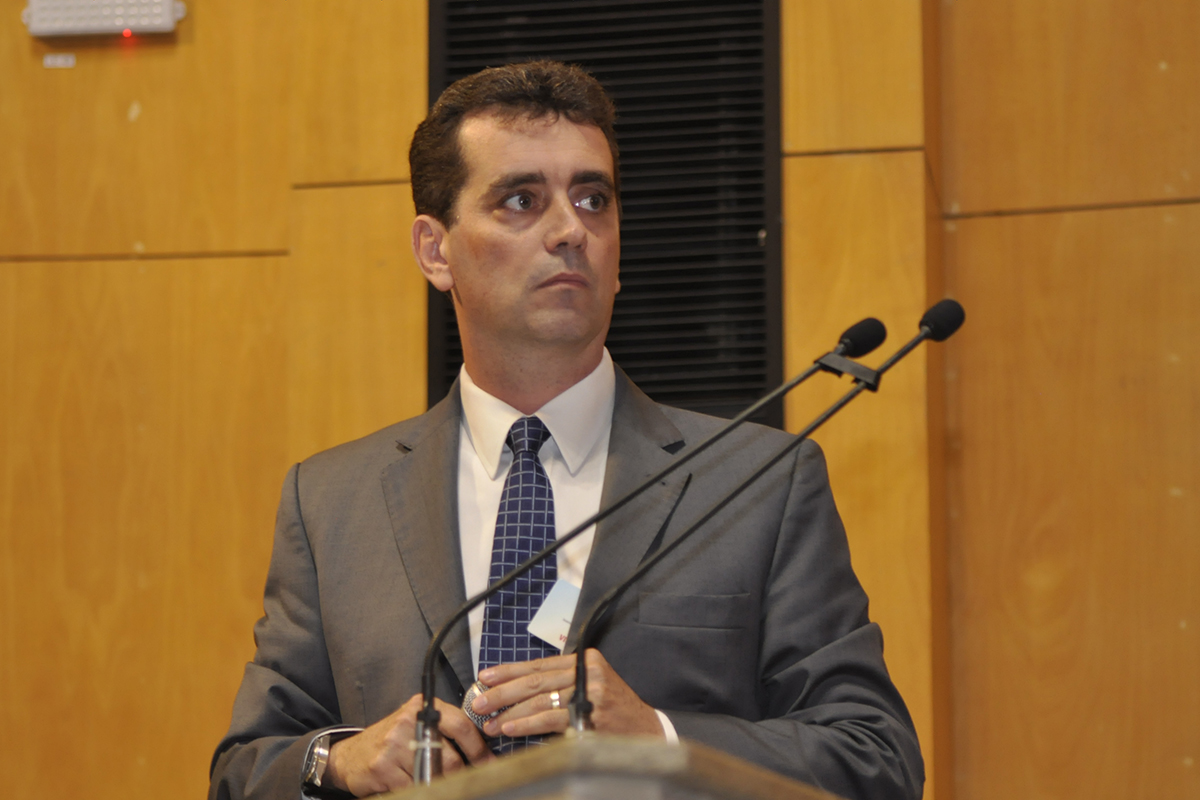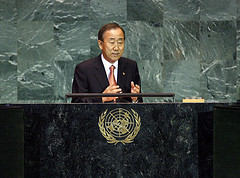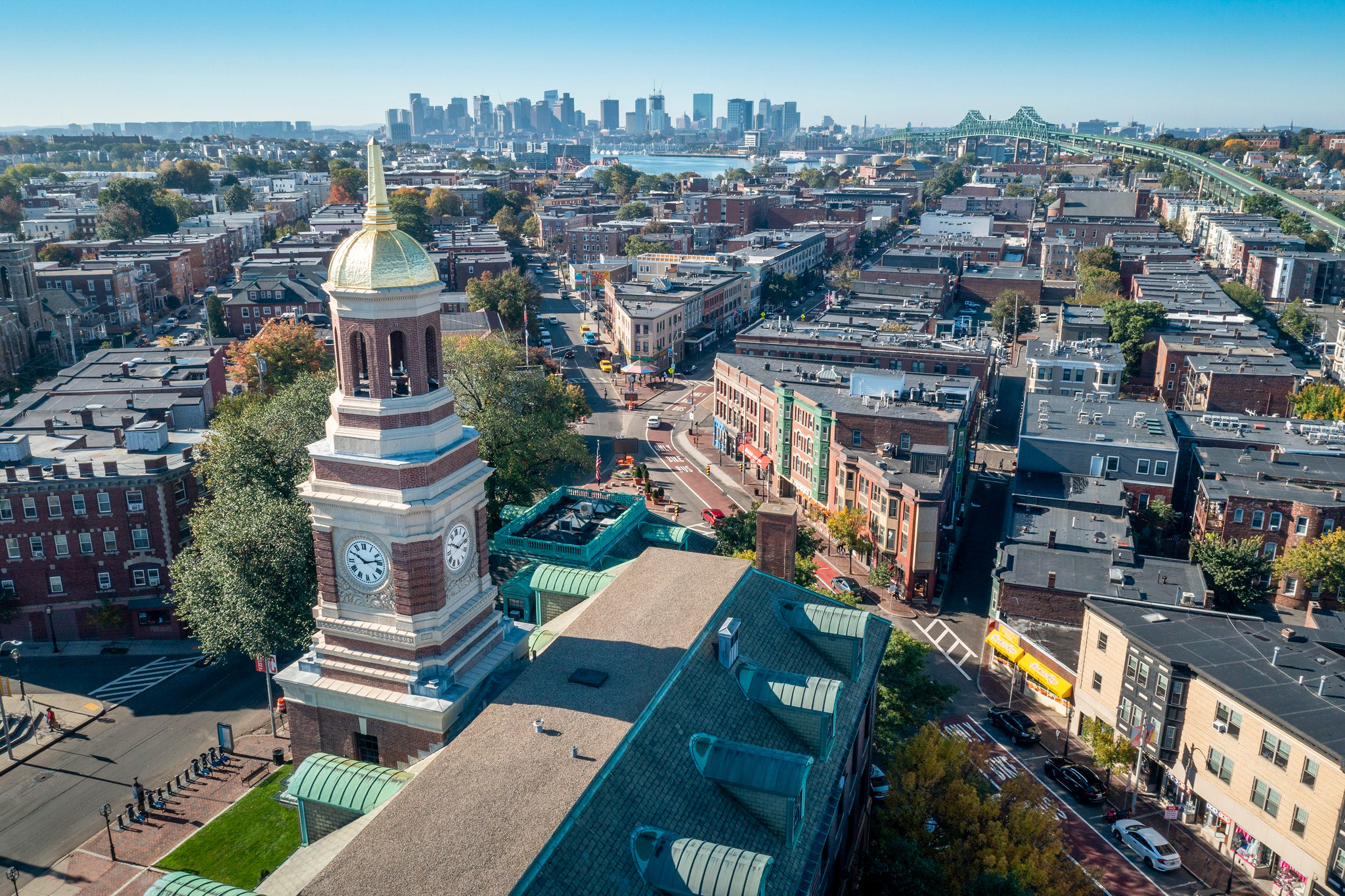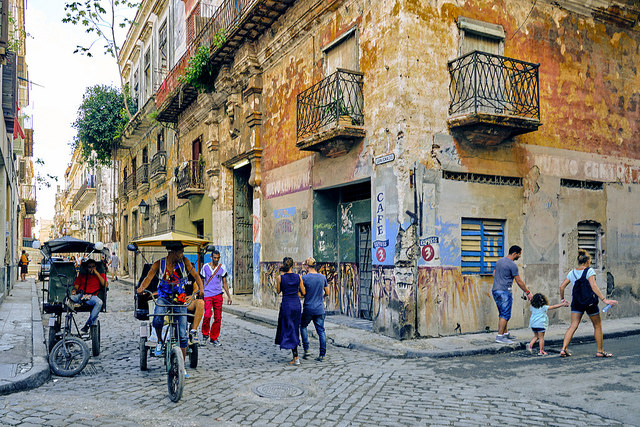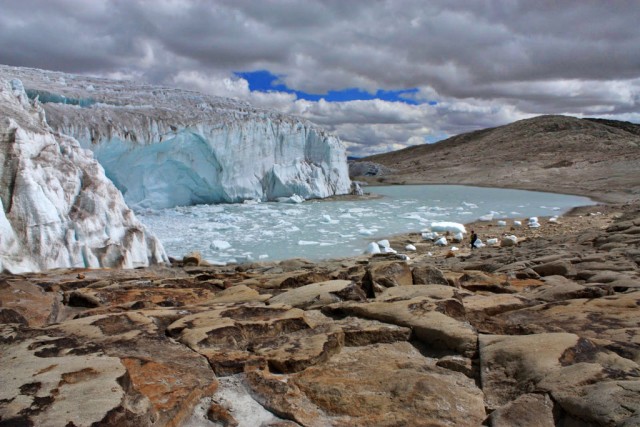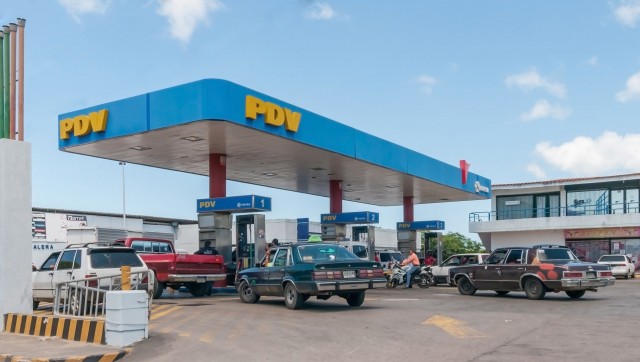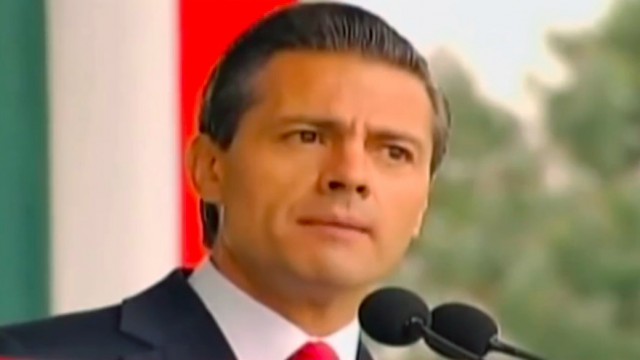
Latin America: Week in Review, Mexico, North America
Two Years in, Peña Nieto’s Approval Ratings Hit Historic Low
December 2, 2014 By Staff
Top Story — The second anniversary of Mexican President Enrique Peña Nieto’s presidency on Monday was marked by widespread protests and news that the president’s approval ratings had hit their lowest point to date, a level unmatched by a sitting president in Mexico since 1996.
According to a poll by daily newspaper Reforma, Peña Nieto’s approval ratings dropped to 39 percent in November from 50 percent in August, with 58 percent of those interviewed saying that they disapproved of the president. According to the same poll, Peña Nieto’s approval rating by “opinion leaders” such as academics and other politicians is at 21 percent.
Peña Nieto has been under increasing scrutiny due to controversy involving the security forces as details continue to emerge over the role played by local law enforcement in the 43 students’ disappearances, as well as the federal response to the incident. The president has also been forced to answer questions about his wife’s purchase of a home from a Mexican firm that was part of a consortium slated to receive a government contract for a high-speed rail project.
On Thursday, the president delivered a public broadcast announcing measures to overhaul the country’s security forces, just hours after 11 mutilated corpses were found on a roadside in Guerrero, the state where the 43 students disappeared in September. On Sunday, five decapitated bodies were found in the same area.
The ongoing protests, and the issues they have brought to light, have raised fears that Mexico’s recently privatized oil sector will see a drop in foreign investment.
During Monday’s country-wide protests, scheduled to coincide with Peña Nieto’s two-year anniversary, demonstrators in the state of Oaxaca blocked access to a state-owned oil refinery. In Chilpancingo, the state capital of Guerrero, protesters ransacked the state prosecutor’s office, breaking windows, damaging equipment and setting cars on fire.
Headlines from the Western Hemisphere
North America
- The eleven protesters arrested in anti-government demonstrations in Mexico on Nov. 20 were released from a maximum security prison without charges after their imprisonment resulted in an international outcry.
- “Mexico and Canada are part of the U.S. policing regime,” argues NACLA, comparing the two countries’ implementation of a U.S.-influenced “homeland security” model for immigration and border control to NAFTA.
Caribbean
- Cuban dissident blogger Yoani Sánchez talked with Forbes about the challenges of running her recently launched Cuban daily news site, 14ymedio, and her hopes that the site will help bring about social change in Cuba.
- Puerto Rico’s governor backed down from a threat to shut down the commonwealth’s public transit on Monday, but legislators continue to debate a proposed tax on crude oil aimed at resolving serious budgetary shortfalls.
Central America
- In response a severe drought that has devastated harvests, some Nicaraguan farmers have taken to catching and selling tarantulas for export as pets.
- Guatemala has announced the creation of a law enforcement unit focused on protecting journalists, who practice one of the most dangerous jobs in the country.
Andes
- Just days after Colombia’s FARC rebels released Gen. Rubén Darío Alzate, the army general resigned on Monday after his capture forced a temporary halt to peace talks between the FARC and the Colombian government.
- Alleged Colombian paramilitaries attacked a military police post just across the border in southern Venezuela on Sunday with the goal of recovering 40,000 litres of contraband gasoline, an act which may point to rising paramilitary mobilization in the border region.
- A week-long music festival in Caracas, Venezuela, has brought some controversial artists to the stage and raised questions about censorship, specifically whether the state-controlled Avila TV channel intentionally declined to air the beginning of an anti-government ska group’s performance.
- Venezuelan President Nicolás Maduro announced plans to cut his personal salary and other public spending as a continued drop in oil prices hurts the country’s already flagging economy (and Maduro’s approval ratings).
Southern Cone
- Chile has the largest Palestinian diaspora population outside of the Middle East, and The Guardian profiles the community’s beloved soccer team, Club Deportivo Palestino, which controversially placed images of the pre-1948 Palestinian border on its jerseys this spring.
- Four people in Chile have filed the country’s first legal complaint over alleged sexual violence in detention centers during the military dictatorship of Augusto Pinochet.
- An autopsy of former Brazilian President João Goulart, who was overthrown in a military coup in 1964, has come back inconclusive as authorities work to address allegations that the military regime murdered him.
Image: Youtube
